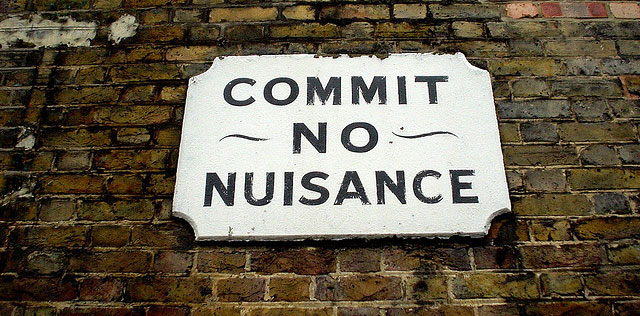Landmark Decision by New Jersey Supreme Court Finds Developer’s Insurance Covers Consequential Damages Caused by Faulty Workmanship of Subcontractors
The New Jersey Supreme Court has finally joined the majority of other states by holding that the standard developer/general contractor commercial general liability insurance policy (“CGL policy”) covers consequential damages caused by the faulty workmanship of their subcontractors. The ruling is significant for condominium and homeowner associations that suffer from construction deficiencies because it provides an avenue to satisfy a judgment or otherwise recover funds necessary to repair construction deficiencies left behind by a defunct or assetless developer or general contractor.
All too often developers and general contractors form assetless “shell” entities that have no means to satisfy a judgment for construction deficiencies. In these circumstances, the only hope for recovery for community associations is through the developer or general contractor CGL policy. However, prior to the ruling in Cypress Point Condominium Association, Inc. v. Adria Towers, LLC, et al., insurance carriers routinely refused coverage by relying on the “damage to your work” or “your work” exclusion in CGL policies which excluded coverage for property damage to the work of the developer or general contractor. Insurance carriers argued that the “your work” exclusion was inclusive of the entire building or property because that is what the developer or general contractor was responsible to construct. Thus, carriers steadfastly refused to settle or pay for damages caused by construction deficiencies — such as those resulting from water infiltration or leaks.
Attorneys for community associations throughout New Jersey have long argued that the “subcontractor exception” found in standard CGL policies provided a clear exception to the “your work” exclusion. Nevertheless, carriers still refused to provide coverage to developers or general contractors. At last, the New Jersey Supreme Court finally weighed in and agreed that the “your work” exclusion was unequivocally narrowed by the “subcontractor exception” because it expressly declared that the exclusion did not apply if the damage or work out of which the damage arose was performed by a subcontractor. Thus, so long as the damage alleged arose out of faulty workmanship performed by the subcontractor of a developer or general contractor, it is a covered loss.






